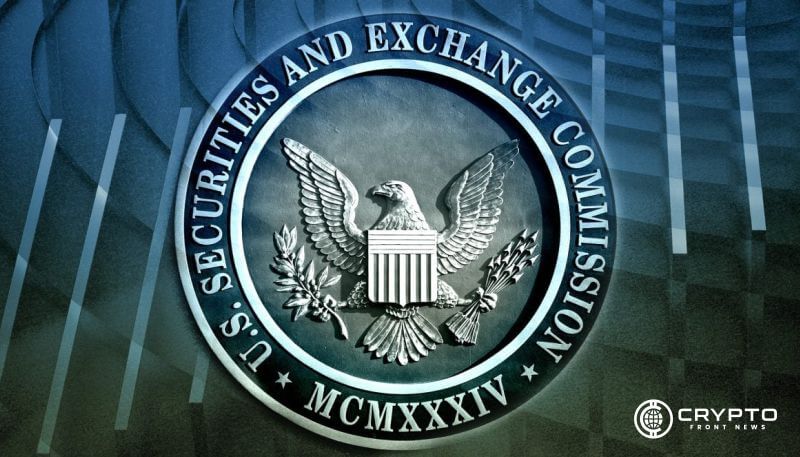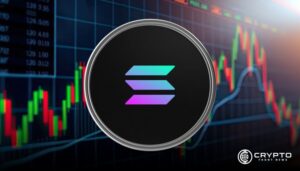- SEC claims Cumberland DRW conducted $2 billion in unregistered crypto trades since 2018.
- The regulator alleges Cumberland traded crypto assets classified as securities without proper registration.
- Ripple and Crypto.com challenge the SEC’s broad classification of crypto as securities.
The U.S. Securities and Exchange Commission (SEC) has filed charges against Chicago-based Cumberland DRW LLC, accusing the firm of conducting over $2 billion in unregistered crypto transactions.
The SEC’s complaint alleges that Cumberland operated as an unregistered dealer since March 2018, buying and selling crypto assets that were classified as securities. According to the agency, these activities violated federal securities laws aimed at protecting investors.
The SEC claims that Cumberland, which conducted transactions on its proprietary platform Marea, failed to register as a securities dealer, a critical requirement when dealing in assets classified as securities.
The complaint was lodged in the U.S. District Court for the Northern District of Illinois. The SEC seeks permanent injunctive relief, the return of ill-gotten gains, prejudgment interest, and civil penalties against Cumberland.
This case is part of the SEC’s broader push to regulate the crypto asset market and enforce securities laws. The agency maintains that many crypto assets meet the legal definition of securities, despite opposition from major players in the crypto industry who argue that digital assets should be treated as commodities.
The charges against Cumberland come amid ongoing legal disputes between the SEC and other high-profile crypto firms. Ripple, a prominent blockchain company, is currently challenging the SEC’s classification of its XRP token as a security.
Following the enforcement action against Cumberland, Ripple’s CEO, Brad Garlinghouse, publicly criticized the SEC’s approach, labeling it a “circus.”
Additionally, Crypto.com has also filed a lawsuit against the SEC, accusing the regulator of overreaching its jurisdiction by broadly classifying nearly all crypto assets as securities. This legal friction underscores the growing tension between the SEC and the crypto industry, as firms continue to push back against the agency’s regulatory measures.





